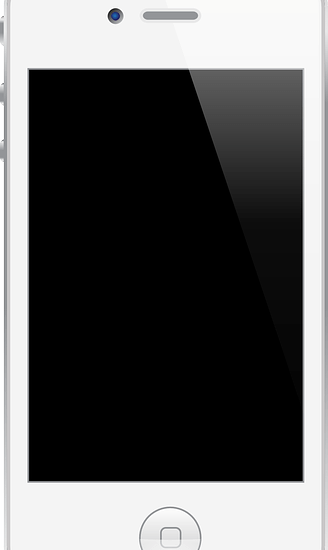This is an opinion editorial by Anthony Feliciano, a Bitcoin event organizer and consultant.
It’s no secret we live in a mass surveillance state. The technology created to help us be a more energy efficient and productive society, is now our greatest threat to our privacy and self-sovereign well-being. Take a look around — from smart refrigerators to smart light bulbs, nanny cams to smart T.V.s, computers, Ring, Google Nest, Alexa and our smartphones are all capable of being used to spy on us, and that’s just the list of equipment that is doing it before you step outside of your house. They’re all equipped with cameras, sensors and microphones that watch and monitor our every move, emotion and action. Many people will point to the Patriot Act, when the U.S. government began to spy over its own citizen’s communications, under the guise of “national security.”
This will be a two article series, starting with the piece that explains “why” — why you should begin to formulate an opt out plan when it comes to your smartphone, even more so if you are a Bitcoiner. The “why” doesn’t necessarily apply to only Bitcoiners but for anyone looking to regain their privacy, like journalists and/or people who live in oppressive regimes.
The second part will be the “how” — I’ll provide you with tools and options to help you begin your opt out journey while still being able to use Bitcoin.
How Cellular Service Providers Spy On Us:
I’ll start with cellular providers and talk about some of the tools at their disposal that are currently employed. Some of these terms and tools you probably have heard before, but might not be sure how they work. The important takeaway to remember is that the information captured from these tools can be subject to subpoena by lawyers or government agencies.
- Carrier-branded smartphones: These are the phones you “lease” from any carrier on a month to month payment program. They come preloaded with a ton of apps that are carrier branded and cannot be removed. Most of the apps are carrier specific, and log the data you enter into them as well as tracking other apps.
AT&T Secure Family and the Google Play App are two examples — “Find your family, control your child’s screen time and manage their phone use.”
Key features include:
- This app may share data with third parties.
- This app may collect location and personal info.
- Data is encrypted in transit.
- Data cannot be deleted.
- Mobile OS: A mobile OS is the operating system your smartphone uses, and is like a version of the Windows, macOS or Ubuntu on your personal computer. Today the smartphone market is dominated by two players. Google and Apple. By agreeing to the “terms and conditions” to use Google or Apple services, we give access to every aspect of our life, both private and public, to them. When people complain about Big Tech spying on us, it’s really our own fault since we don’t have to use any of these services.
*Note: I will be discussing two projects to help Android users with their opt out plan. Sorry Apple users, you will have to wait until it gets easier to jailbreak an iPhone.
- Apps: Too many of them are on our smartphones. When was the last time you …….
Source: https://bitcoinmagazine.com/technical/how-to-avoid-spying-smartphones
